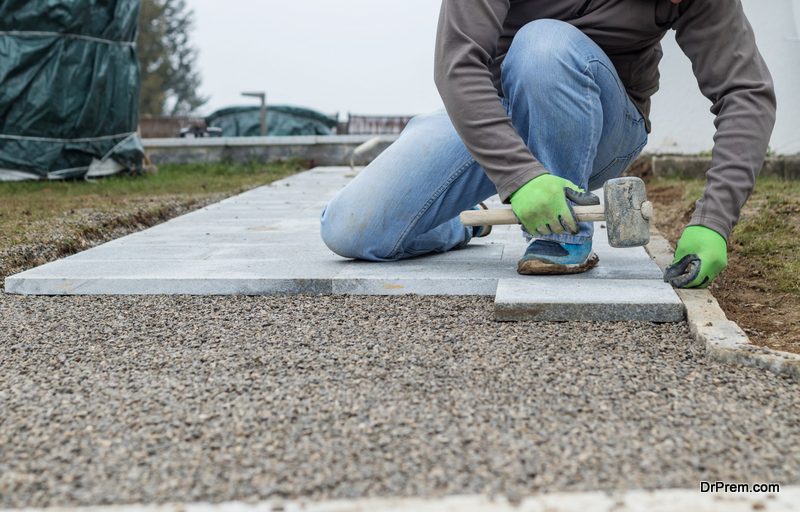Do you have rocks, gravel, or other types of stones around your house? If you’re like most homeowners, you probably have at least some landscaping or decorative rocks around your house, or you’re considering investing in rocks or gravel as an aesthetic or functional choice.
But are these building materials and decorative installations environmentally friendly?
Different Types of Landscaping Rocks

First, you should know that there are different types of landscaping rocks for different purposes:
- Size and shape. Landscaping rocks go by different names, depending on their size and shape. Rocks, for example, range in size from No. 4 to No. 1, and typically range from 1 to 4 inches. These are what are typically used in borders, or other decorative applications. Gravel is made by crushing rocks, or finding smaller rocks in the wild; crushed gravel hovers between 0.75 inches and 1 inch in diameter, though smaller sizes also exist. There’s also pea gravel, which are small, rounded pebbles between 0.25 and 0.50 inches in diameter. These are often more decorative, and are used for walkways where smoothness is necessary.
- Source. Rock suppliers may obtain their rocks from different sources. For example, some may harvest them from major quarries, where rocks are plentiful, while others may take them from local rivers, where the running water naturally smooths the surface of the stones to a fine polish. Nearly all rock companies get their rocks locally, however, as the cost of transportation is excessive.
- Color. You may also be able to find rocks of a specific color under natural circumstances. While most rocks and gravel come in shades of gray, from dark to light, it’s also possible to find rocks that are white, yellow, gold, pink, red, tan, brown, green, blue, purple, dark gray, or black. This makes them appropriate for almost any aesthetic purpose, though it has no bearing on their environmental impact.
Rock Roles in the Environment
On the surface, rocks seem entirely lifeless, but rocks play an important role in many ecosystems. For example, some rocks might provide the perfect home for a plant’s root system. Others provide the solid, reliable surface necessary for moss or lichens to grow. Occasionally, rocks will contain minerals important for some animal species to consume, and rocks strewn about in an environment can serve as the perfect hiding place for small creatures attempting to escape predators. Rock can even be an important element of the terrain for animals with tough legs, who have adapted to them.
Accordingly, transporting rocks from an environment with a limited supply could have a disruptive effect on the ecosystem. Fortunately, rocks are so plentiful and are such a small part of most ecosystems that sustainable sourcing isn’t a major issue. It’s also possible to potentially transport small invasive species when moving rocks from one area to another, but because rocks are typically transported locally, and not shipped across continents, it isn’t a major concern.
Gravel Driveways vs. Other Driveways

You should also consider that gravel driveways might be more eco-friendly than other types of driveways. Consider the traditional concrete driveway; it completely paves over the grass and soil, and forces water to run off to the sides, potentially spilling into streets and gutters. It may also kill microscopic species and bacteria in the ground, since it completely blocks access to oxygen, water, and sunlight—three crucial ingredients for life.
Gravel driveways, on the other hand, allow space for air, water, and even light to run through. During rainfall, water seeps between the stones to penetrate the ground, keeping the environment in balance and potentially supporting the life that lives there. Accordingly, gravel is an environmentally sound choice for redoing your driveway (or creating one from scratch).
A final thought- Is it environmentally friendly to use rocks or gravel around your house?
While there are many different types of landscaping rocks to choose from, and you should always ask questions about the sustainability of your purchasing source, for the most part, landscaping rocks are suitably environmentally friendly. There are simple ways to make your driveway clean and green. Gravel driveways are actually better for the environment than their concrete counterparts, and as long as you aren’t obstructing large sections of land from receiving light, air, and water, you won’t be doing harm to your surroundings.
Article Submitted By Community Writer




